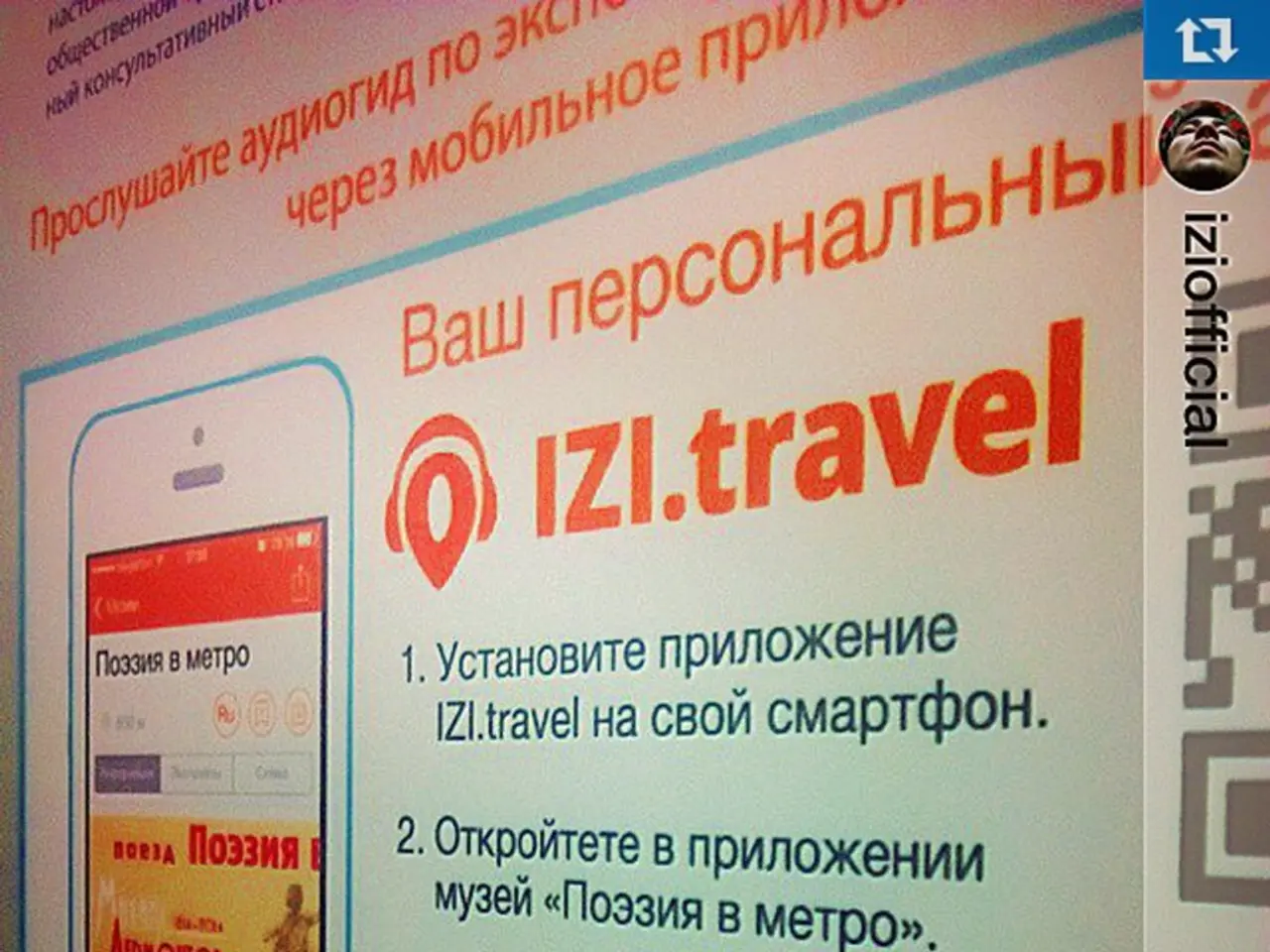Ensuring the safety of individuals from human trafficking is not optional, but a national duty: Nasser Al-Sumait
Kuwait is taking a proactive stance against human trafficking and migrant smuggling, with a comprehensive national strategy that emphasizes prevention, legislation, victim protection, capacity building, and international cooperation. This strategy aligns closely with international standards and is backed by specialized training for law enforcement, immigration officials, healthcare workers, and consular staff.
The heart of Kuwait's approach can be seen in the launch of the National Strategy 2025–2028, a comprehensive framework designed to dismantle trafficking networks, enhance victim-centered protection, and improve access to justice for victims.
Legal reforms and enforcement are also a key component of Kuwait's strategy. The country has adopted strict anti-trafficking laws with harsher penalties, particularly addressing residency-related trafficking and smuggling crimes, consistent with Kuwait’s ratification of the UN Convention against Transnational Organized Crime.
Victim protection and support are also a priority. Kuwait focuses on victim-centered approaches, including protecting victims and witnesses, and addressing challenges victims face in accessing services and justice.
Capacity building is another essential element of Kuwait's strategy. Specialized training programs improve the ability of law enforcement, immigration, and healthcare workers to detect, investigate, and respond effectively to trafficking cases.
Public awareness and community engagement are also crucial. Ongoing awareness campaigns and workshops, involving media and civil society, emphasize prevention as a national responsibility and foster transparency and accountability.
Kuwait also actively engages in cross-border cooperation and hosts regional forums on combating trafficking, demonstrating leadership in the Middle East’s collective response efforts.
Advisor Nasser Al-Sumait, the Minister of Justice and Chairman of the Permanent National Committee to Combat Trafficking in Persons and Smuggling of Migrants in Kuwait, has emphasized that the fight against trafficking must evolve with the times. He underscores that Kuwait's approach to human trafficking is anchored in the digital landscape.
Public awareness is considered the first line of defense in the fight against human trafficking by Advisor Nasser Al-Sumait. He also underscored the vital role of community partnerships and responsible media in spreading awareness and fostering a culture of vigilance against human trafficking.
On July 30, Kuwait observes the World Day Against Trafficking in Persons, a global occasion that reaffirms its commitment to protecting human dignity and combating all forms of exploitation. Advisor Nasser Al-Sumait expressed full confidence that these efforts will lead to a safer environment where human rights are respected without discrimination.
The true measure of success in the fight against human trafficking, according to Advisor Nasser Al-Sumait, lies in the ability to prevent harm before it occurs. With its holistic and integrated approach, Kuwait is steadfast in its mission to build a society free from trafficking and smuggling, one that is fully aware of the risks of such crimes and actively works to eradicate them.
[1] IOM Report on Kuwait's Efforts to Combat Trafficking [2] UNODC Report on Kuwait's Efforts to Combat Trafficking [3] U.S. Department of State 2020 Trafficking in Persons Report [4] Kuwait's National Strategy to Combat Trafficking in Persons and Smuggling of Migrants 2025–2028
- Kuwait's national strategy against human trafficking and migrant smuggling, as outlined in the National Strategy 2025–2028, encompasses policy-and-legislation reforms, with stricter anti-trafficking laws and harsher penalties that align with international conventions like the UN Convention against Transnational Organized Crime.
- In the arena of general-news and crime-and-justice, Kuwait's approach to human trafficking also involves strengthening political efforts by engaging in cross-border cooperation and hosting regional forums, emphasizing the importance of public awareness and community engagement.







